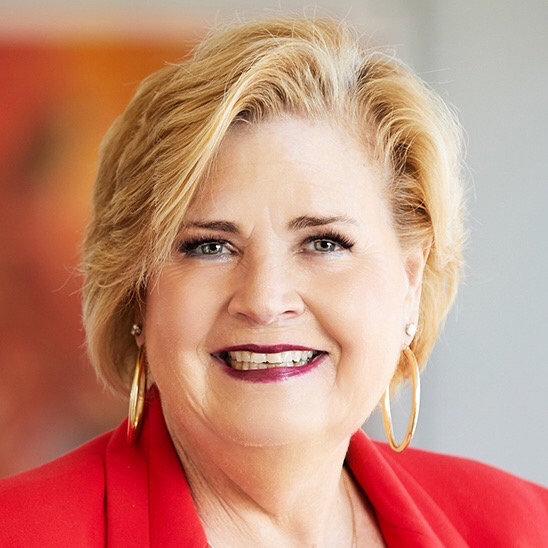Our Impact
Our Impact Approach
We are on a mission to change the venture industry for good. We see a critical piece of that as integrating impact into each step of our investment process from research to due diligence to investment decision-making to portfolio management to exit. We review every investment opportunity with the lens that it has the potential to drive systems change in Climate Solutions and Fair Finance. We measure impacts in four key areas outlined below.
Read our Impact Report to dive deeper into our theory of systems change, our progress and our portfolio stories.
Impact Areas
A Force for Good in Venture
As part of our mission to change the venture industry for good, we invest in early-stage companies that drive social justice and environmental resilience with economic sustainability and measurable impacts. It also means accelerating systems thinking in venture – including by providing equitable access to capital. Because early-stage impact companies at the early stage are under-capitalized, part of how
we measure progress is how much capital these companies go on to raise.
Community Representation in our Team and Portfolio
The American economy has an equity problem that is stark in the investing and venture industries: Women and people of color comprise 70% of the working population in the US and represent less than 28% of corporate executives, less than 2% of investment industry owners and less than 33% of startup founders. At the same time, we know that gender and ethnically diverse founding teams, C-Suites and investment teams outperform.
Fair Finance
New technologies, decreasing cost of delivery and changing consumer sentiment create tailwinds for fair finance businesses. Our key areas of focus are 1) digital banking and online lending targeting underserved communities, 2) technology to improve
efficiency of delivery, security, customer agency and increase value, 3) financial products that help to build healthier financial lives and 4) capital flows directed to a clean energy economy. At a portfolio level, we measure improved reduced debt, increased savings and communities with improved access to beneficial financial services.
Climate Solutions
Declining technology cost curves, increasing demand for clean energy and sustainable products, and progressive regulations provide tailwinds for good climate businesses. Our key areas of focus include: 1) clean energy and storage, 2) clean transportation and mobility, 3) new data and intelligence for cities, buildings and the grid, 4) circular economy, 5) protein alternatives and 6) regenerative agriculture. We measure climate emissions mitigated, equivalent peaker power plants eliminated, new environmental data points, and communities with improved environmental justice or resilience.
See Impact Report for more detail. Metrics are reported by companies and evaluated by the Radicle team.
Impact Principles – Signatory, Disclosure & Verification
As part of our effort to incorporate impact into everything we do, hold ourselves accountable to our impact goals, and continue improving as an organization, Radicle is a signatory to the Operating Principles for Impact Management (the Impact Principles). This includes our Disclosure Statement affirming that our core business and investment processes are managed in alignment with the Impact Principles.

















